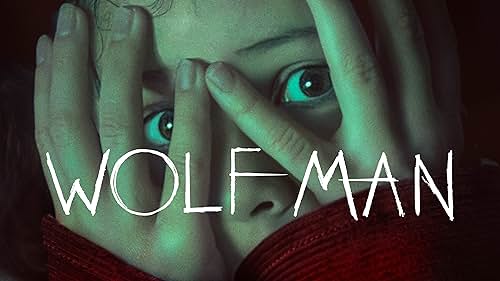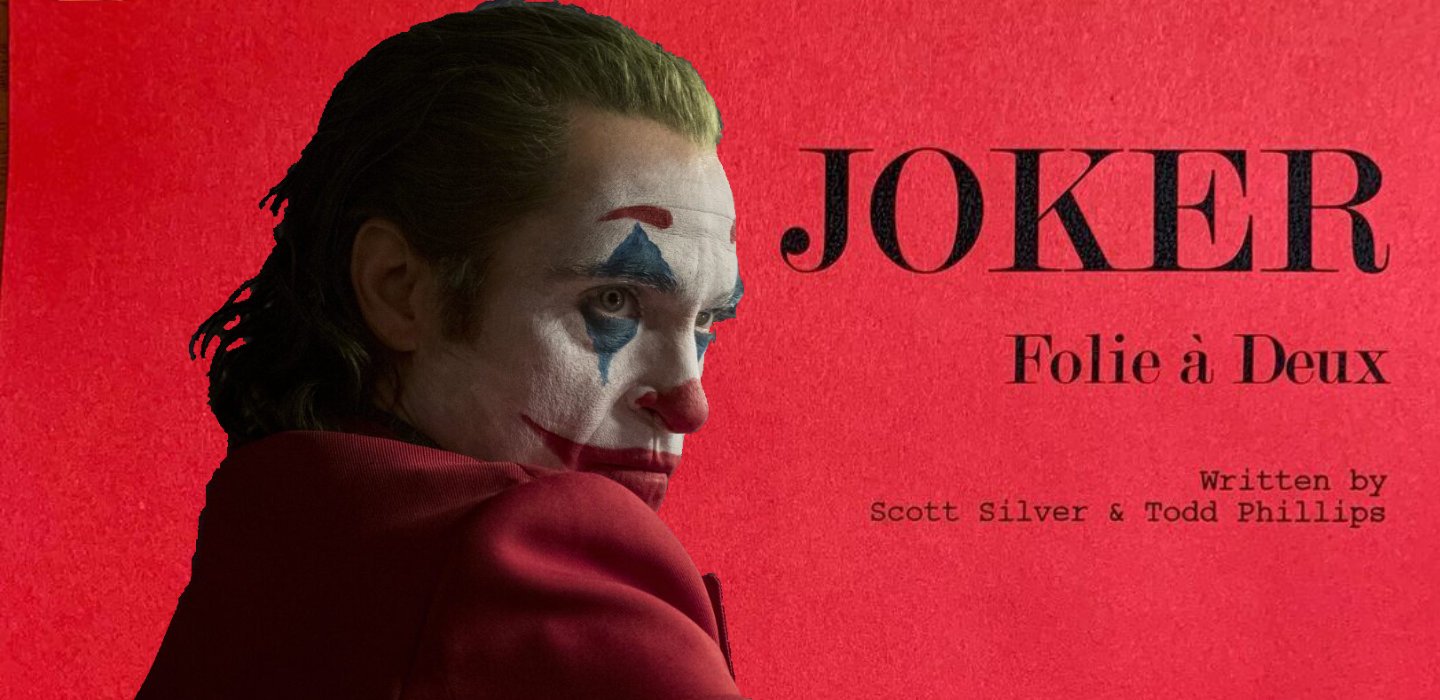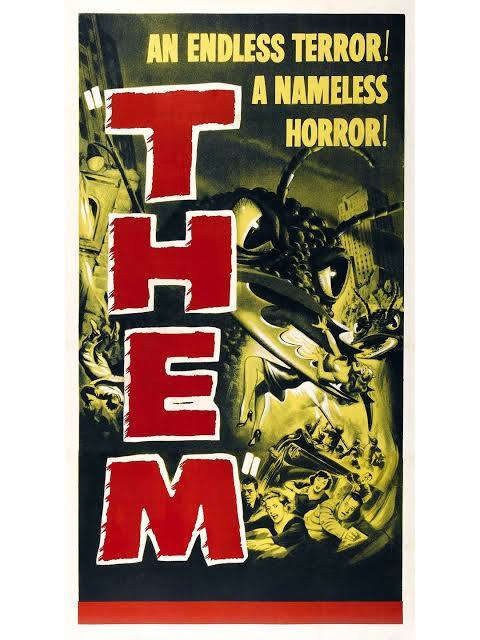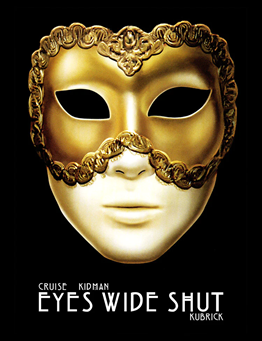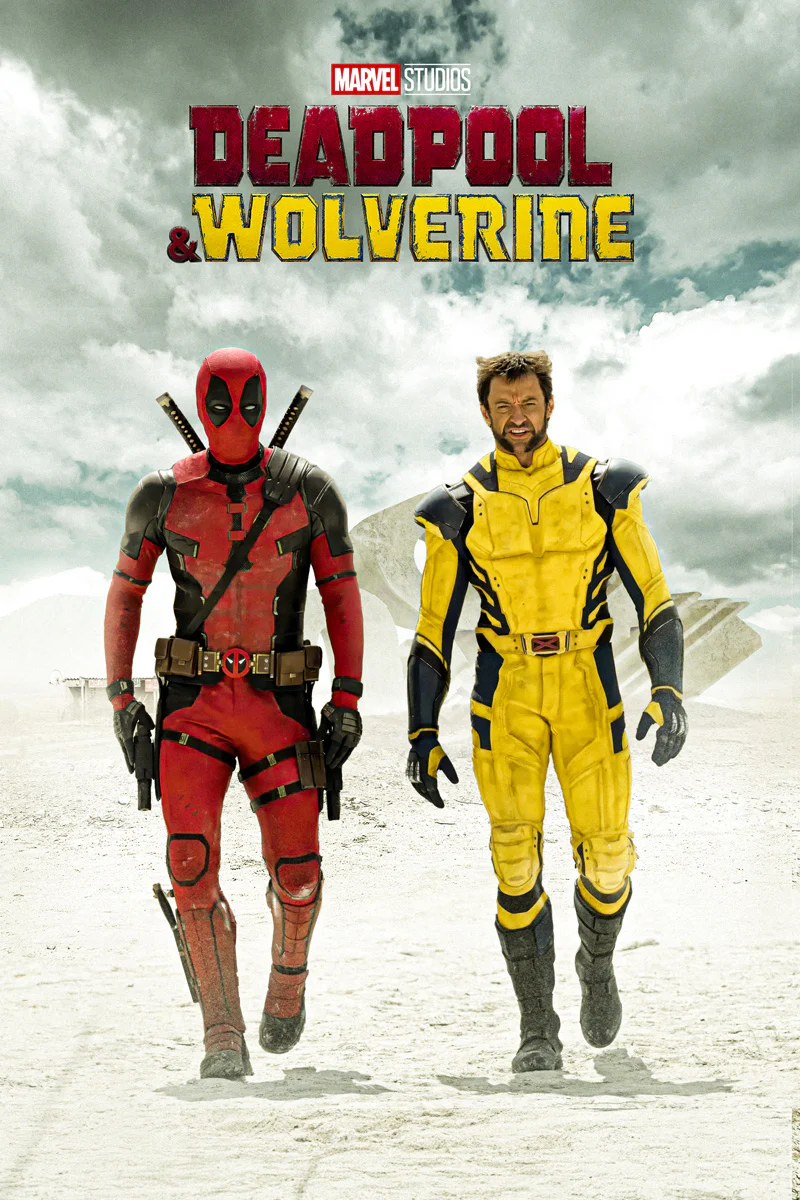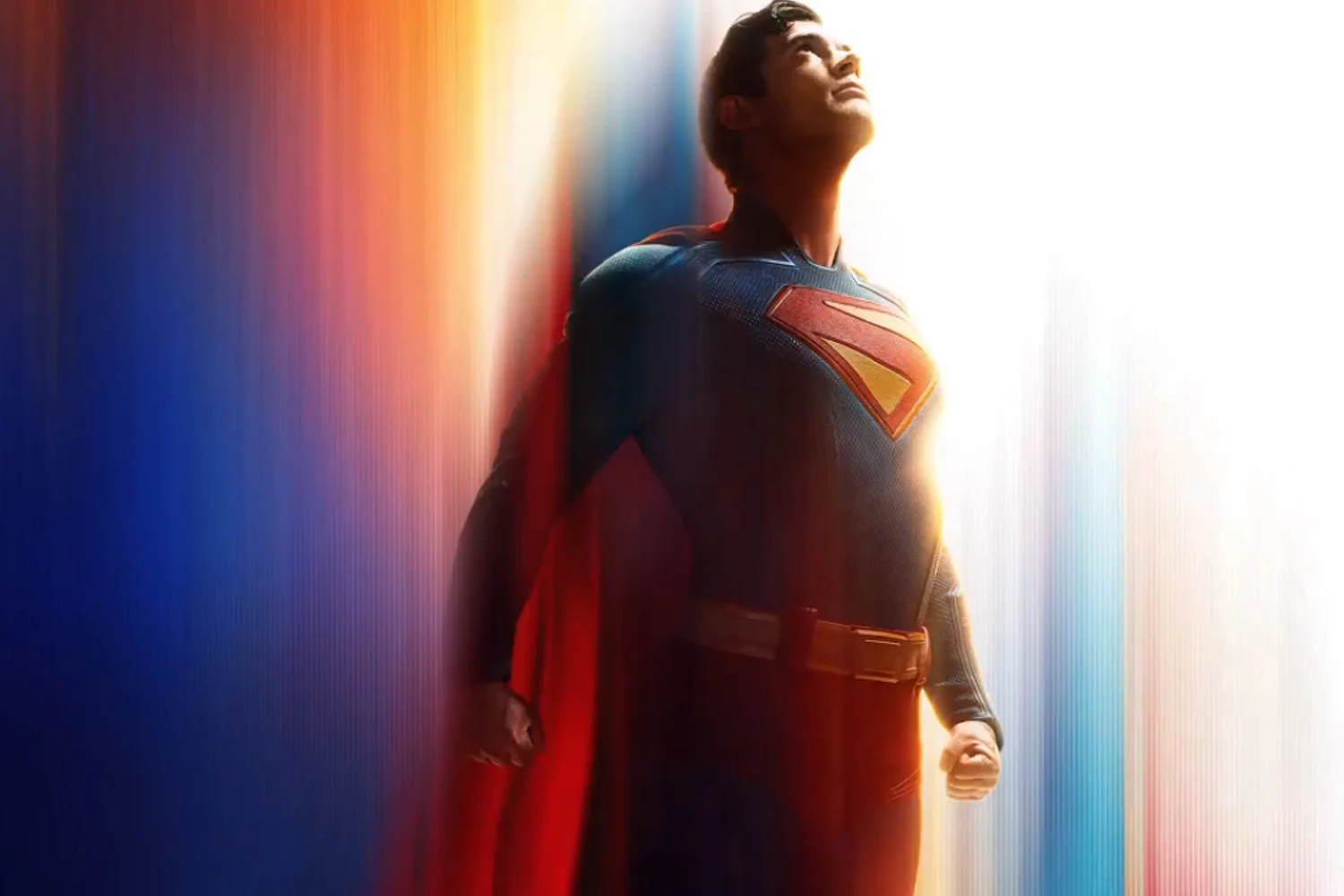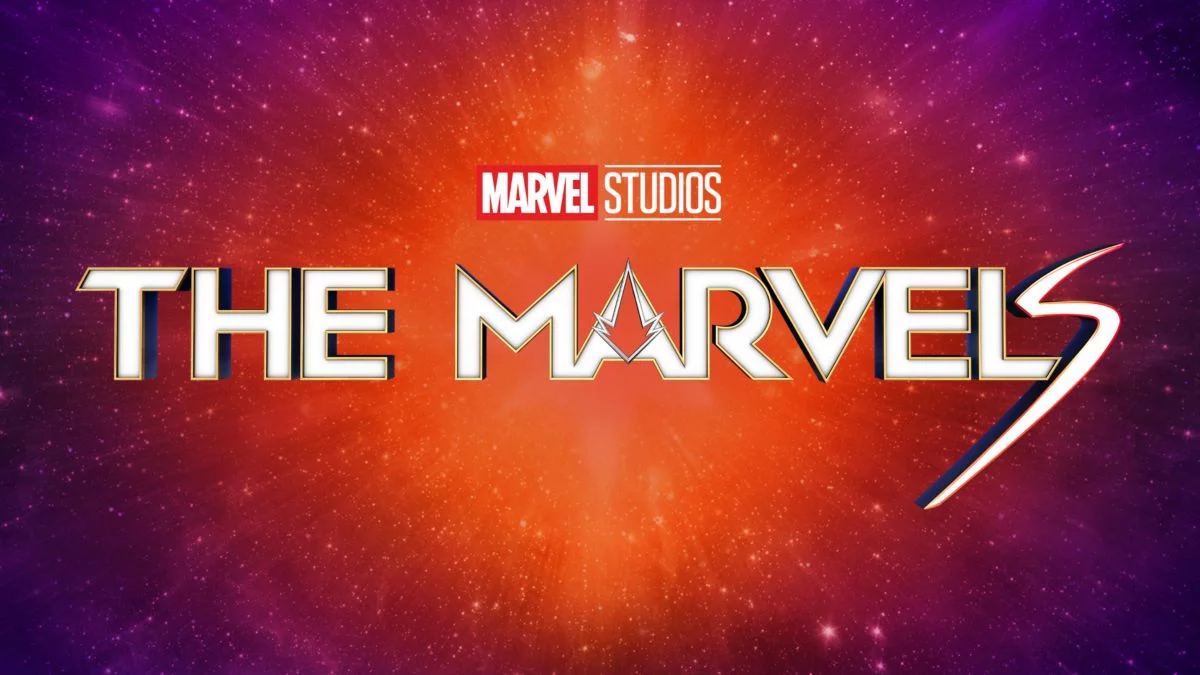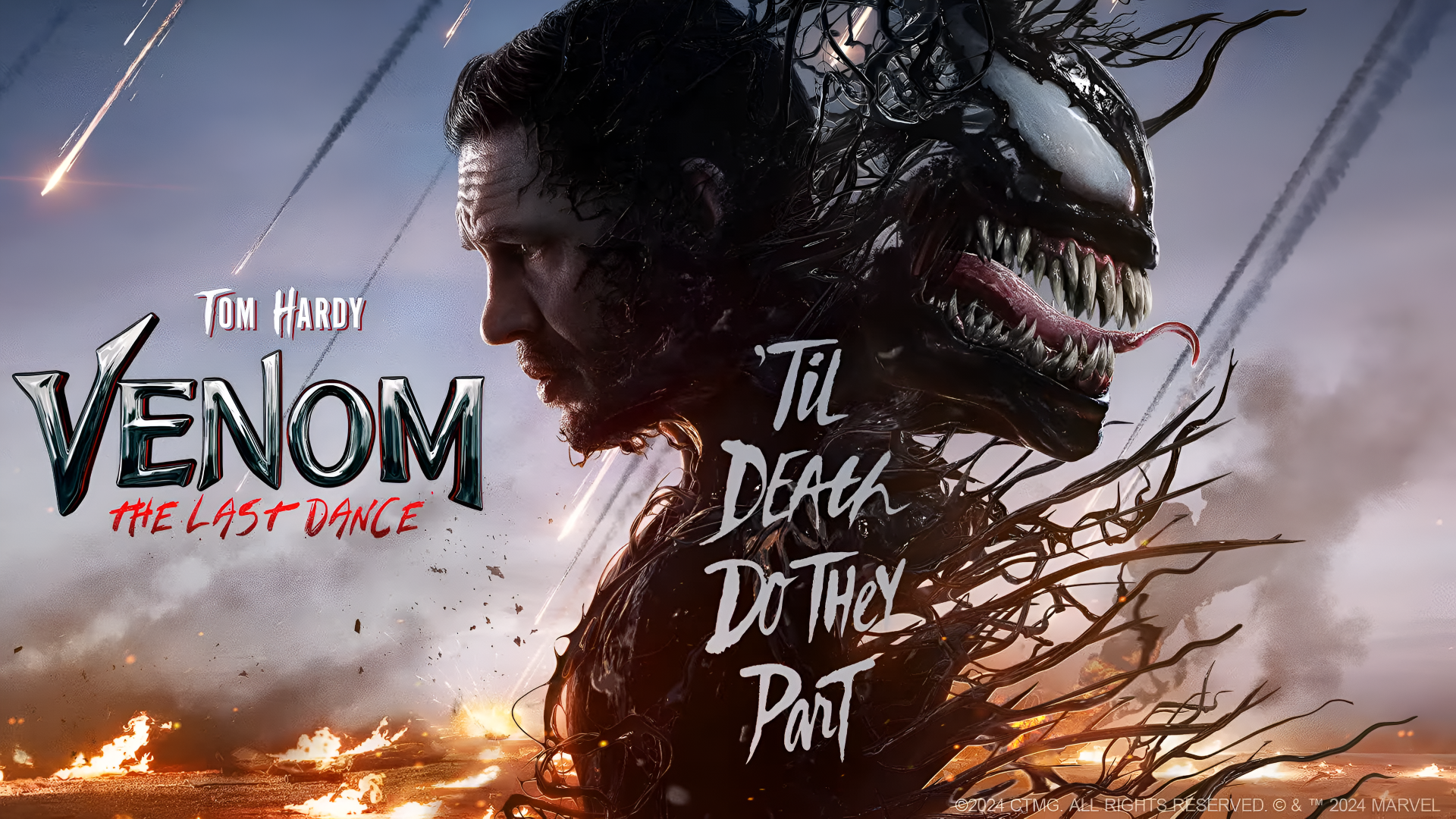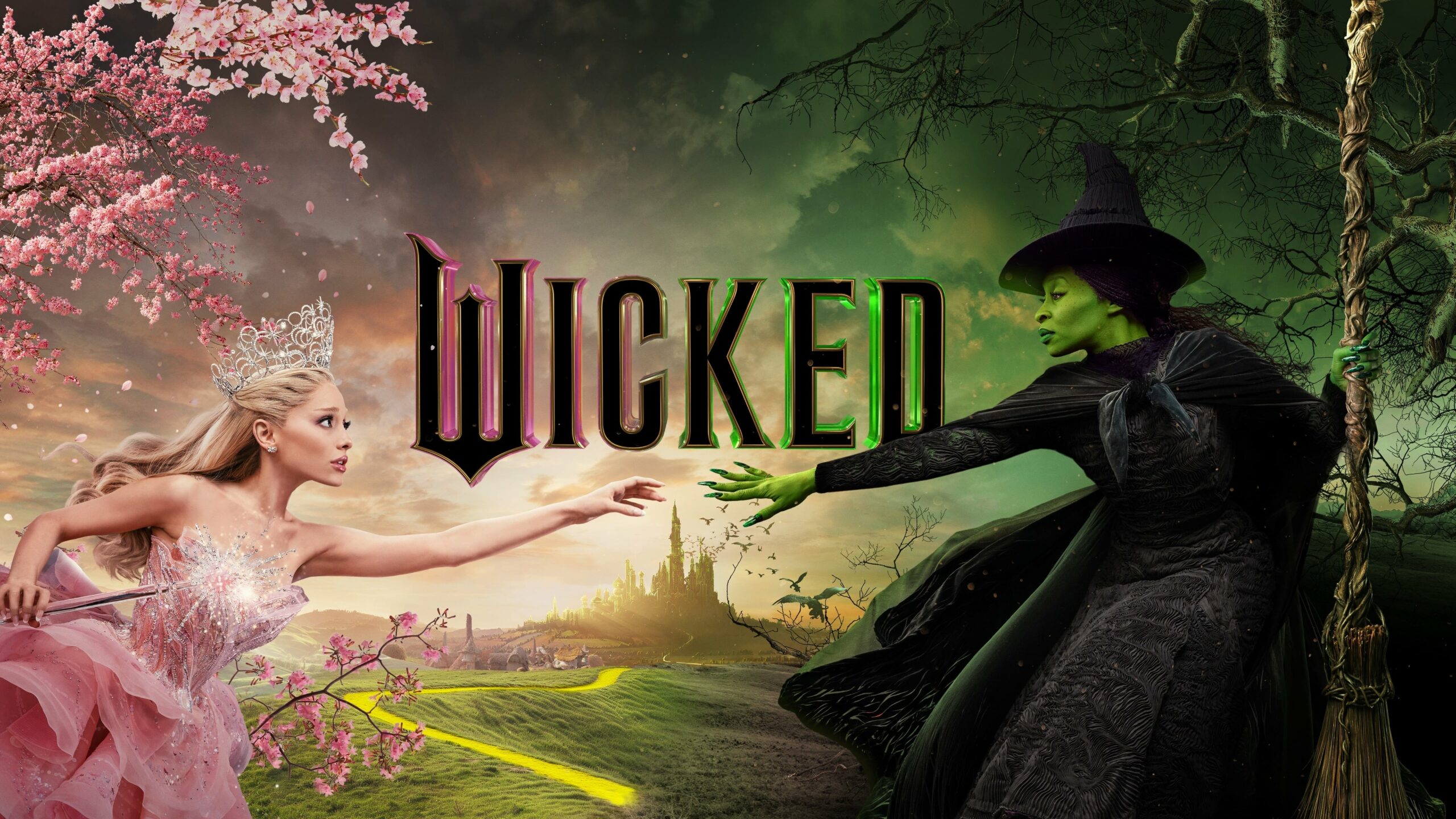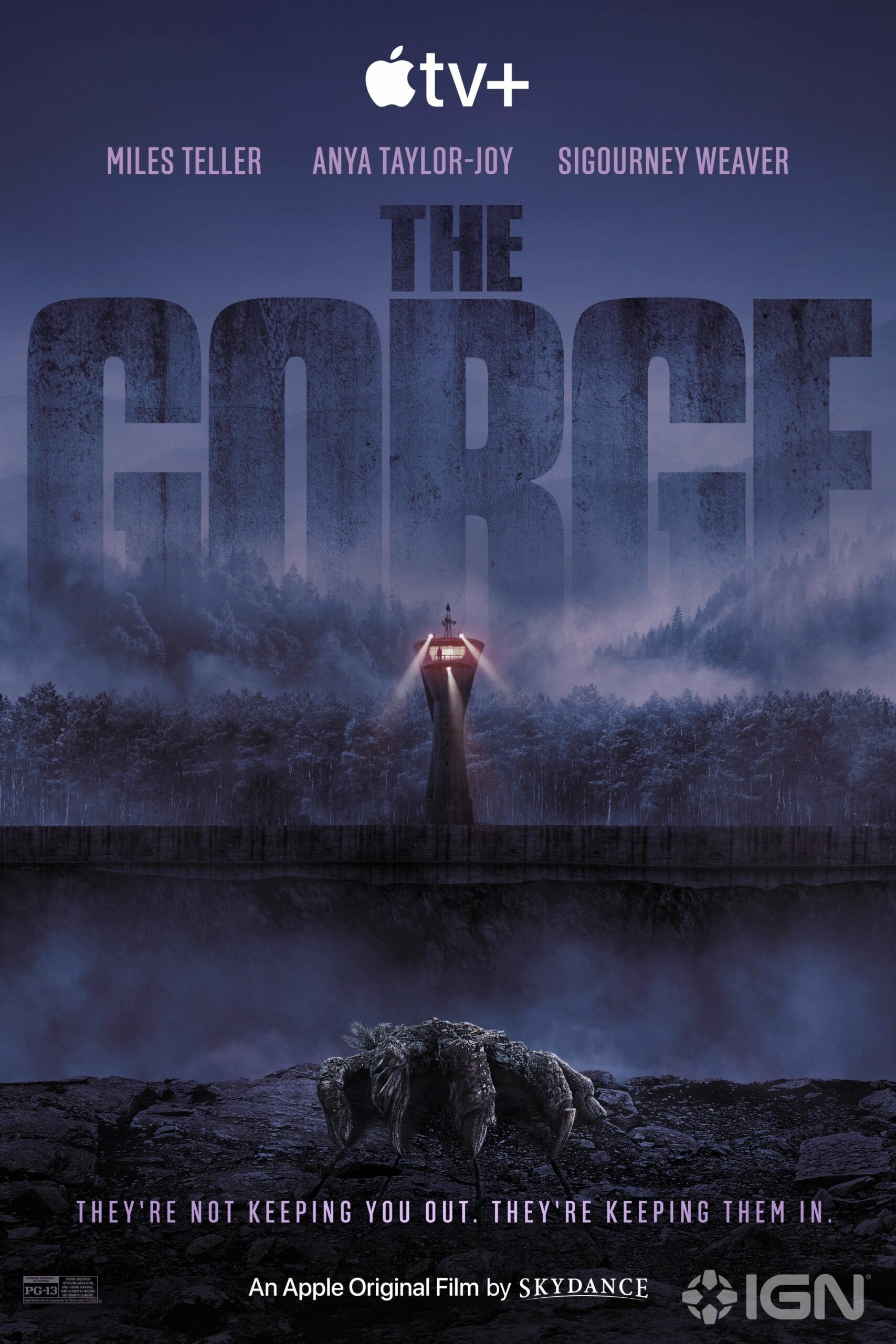
Latest Critic Reviews
Latest User Reviews
Critic Reviews
Details
Summary
Leigh Whannell’s Wolf Man (2025) howls at the moon 🎵🌌 but doesn’t entirely stick the landing. As a reimagining of the Universal monster classic, it explores generational trauma and toxic masculinity through a psychological lens, delivering an intimate yet uneven horror experience. The film showcases Whannell’s talent for tension (The Invisible Man fans will recognize his signature suspense), but it lacks the visceral bite many were hoping for. 🩸😱
Plot and Themes 📖🌫️
The story follows Blake Lovell (Christopher Abbott), a man returning to his estranged family home in rural Oregon after the mysterious death of his father. When a violent werewolf attack leaves him cursed with lycanthropy, the movie explores his descent into the beast within, testing his humanity and family bonds. Whannell weaves themes of inherited trauma and toxic masculinity, though the narrative doesn’t fully sink its claws into these ideas. While engaging, the script occasionally feels like it’s holding back the terror and depth audiences expect from such a rich mythology. 🐾🌪️
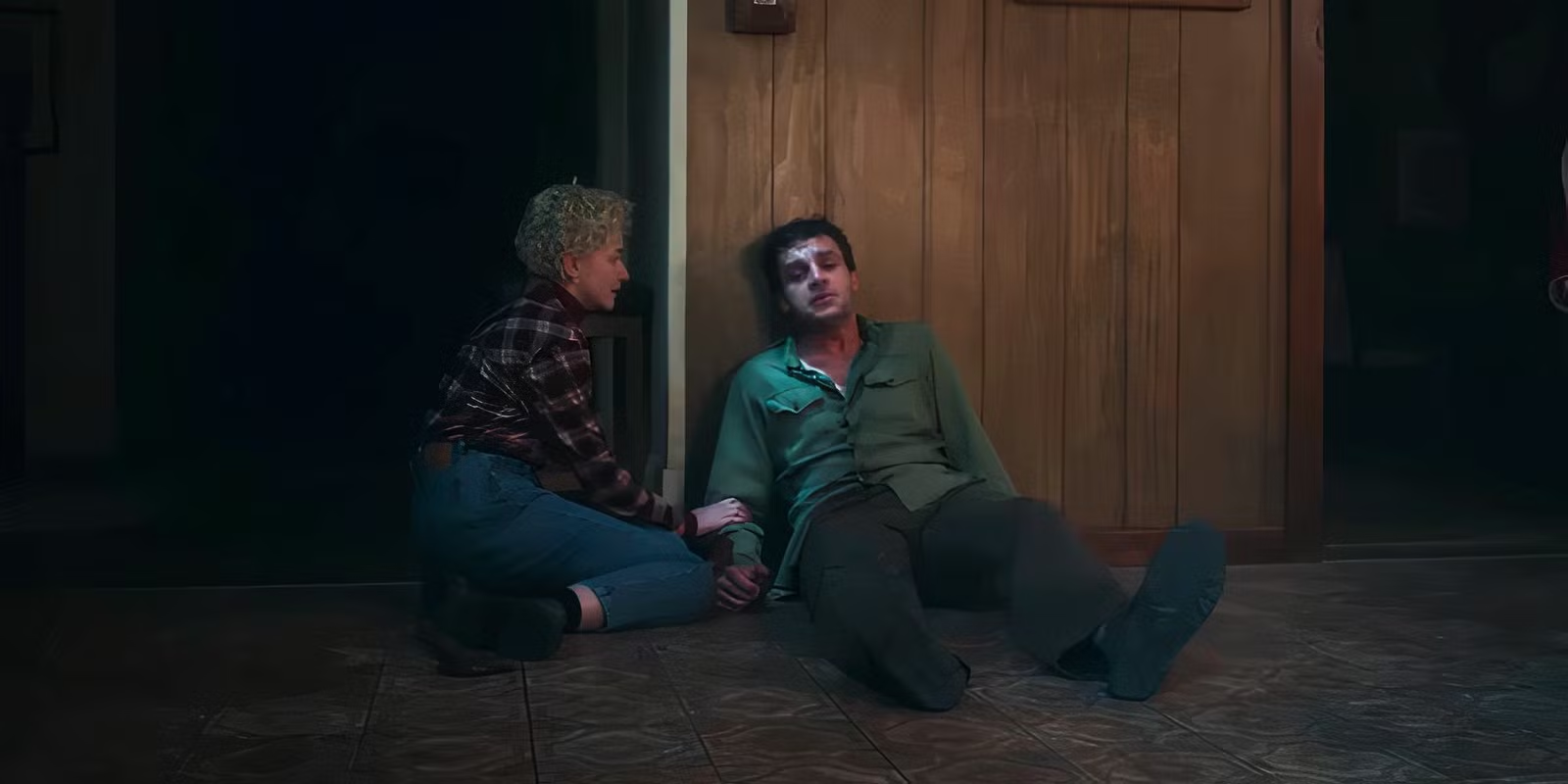
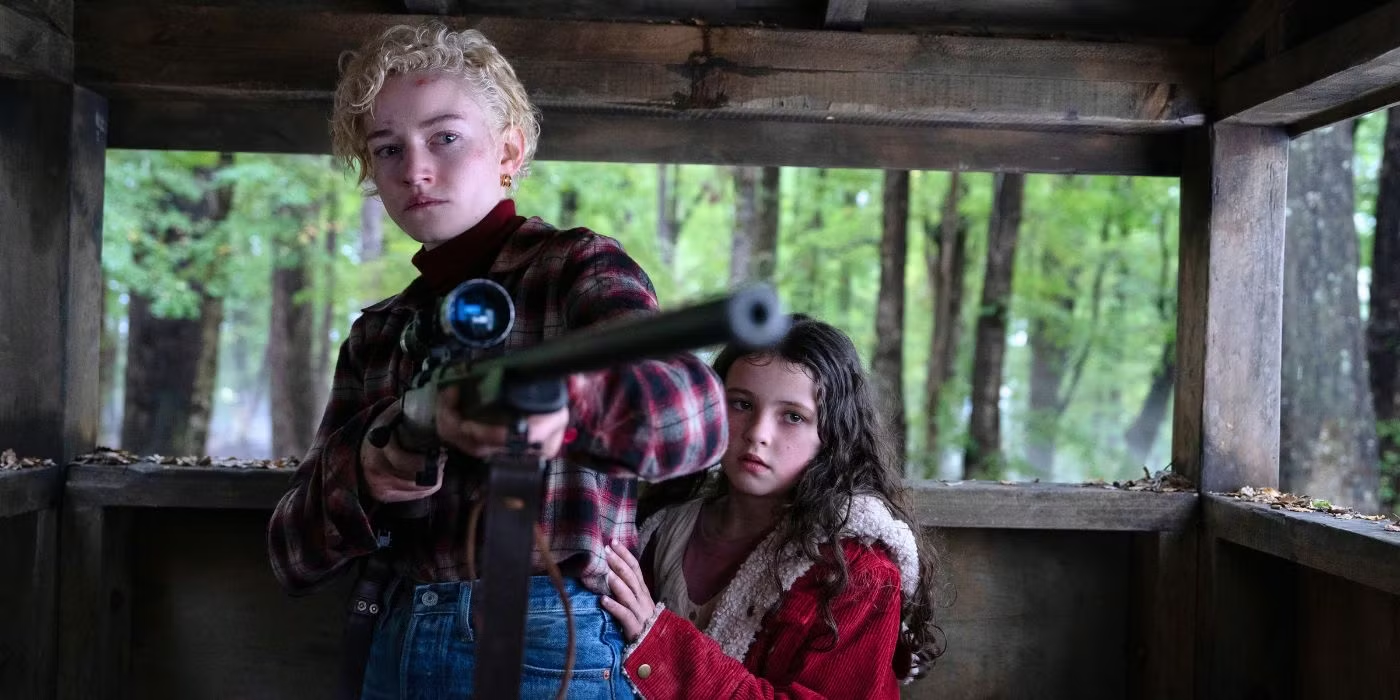
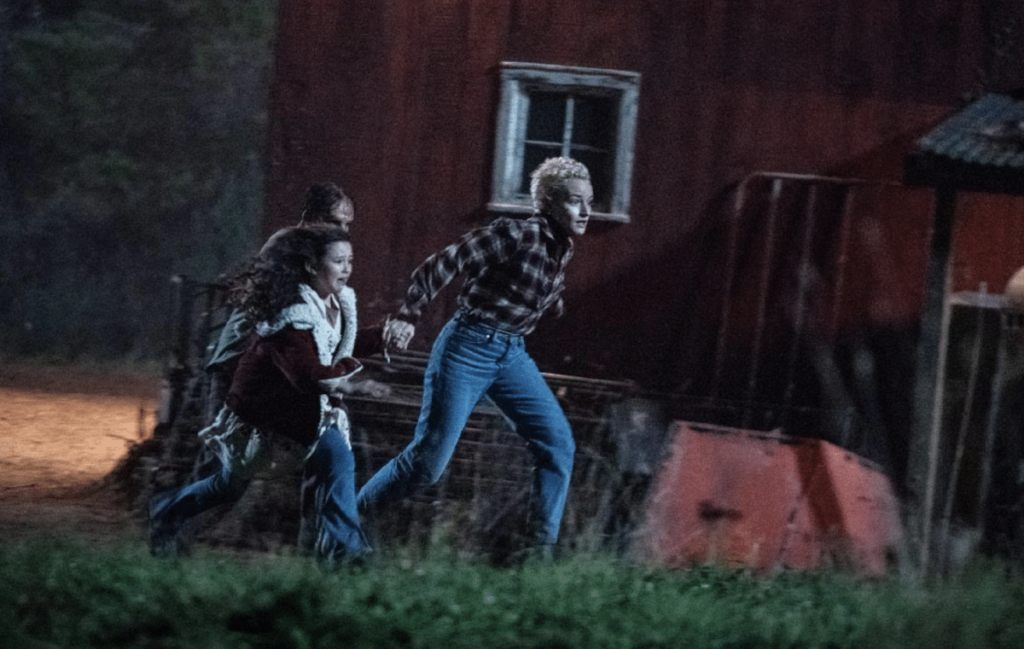
How Does It Compare? 🕰️🐺💔
The 1941 Classic 🌟
Lon Chaney Jr.’s The Wolf Man (1941) remains a cornerstone of Universal horror. Its gothic atmosphere, mythic storytelling, and Chaney’s haunting performance created the archetype for all werewolf tales. The transformation sequence—done with old school but groundbreaking effects—set a standard that still reverberates through the genre. 🕯️🌌
The 2010 Remake 💀
Joe Johnston’s 2010 version leaned heavily on gore and period drama, offering a visually striking but ultimately hollow experience. Benicio del Toro brought gravitas, but the film was bogged down by uneven pacing and uninspired storytelling. Its reliance on CGI drew criticism, making it less memorable than its predecessor. 💔🐾
Leigh Whannell’s Vision (2025) 🔮
Whannell takes a modern, grounded approach, emphasizing psychological horror over spectacle. While this adds a fresh layer of emotional complexity, it sacrifices some of the visceral thrills. Compared to Chaney’s tragic pathos and del Toro’s brooding intensity, Christopher Abbott’s Blake is more introspective, yet his arc feels undercooked. Whannell’s transformation scenes stand out, blending practical and digital effects for chilling body horror, but the final creature design doesn’t rival the iconic 1941 look. 😬💉
Direction and Performances 🎬🎭
Leigh Whannell crafts an intimate horror drama with tension that’s palpable, though his reliance on slow burns over outright scares leaves some viewers yearning for more bite. The Invisible Man demonstrated Whannell’s mastery of fear, but here, his grip occasionally slips. The pacing falters in places, with too much focus on psychological depth at the expense of thrills. 🕷️⏳
Christopher Abbott’s nuanced portrayal of Blake anchors the film, offering a subtle and tortured take on lycanthropy. Julia Garner brings emotional heft to her role as Blake’s wife, though her character’s arc feels underutilized. Supporting performances, especially from Matilda Firth as their daughter and Sam Jaeger as Blake’s father, add texture to the family dynamic. 🌟💔
Technical Aspects 🎨🖤
Special Effects: The transformation sequences are visceral and terrifying, blending prosthetics and CGI effectively. However, the final creature design lacks iconic flair, failing to live up to the eerie beauty of past iterations. 😱🩹
Music: Benjamin Wallfisch’s score hits all the right notes, oscillating between haunting melancholy and bone-chilling suspense. 🎻🌘
Cinematography: Stefan Duscio captures Oregon’s fog-drenched forests with eerie precision. However, dim lighting in key scenes detracts from the overall experience. 🌲🌫️
Critical Reception 🎥🍿
Rotten Tomatoes: 59% 🍅
IMDB: 6.7/10 🎭
Audience Score: Divisive, with praise for performances but critiques of pacing and scares.
Critics have called Wolf Man a bold but flawed reimagining. While its psychological depth is admirable, its lack of consistent scares and creature design disappoint some longtime fans. 🩸🧠
Ratings Breakdown 🎖️
Overall: ★★★☆☆ 🐾
Acting: ★★★★☆ 🎭
Story: ★★★☆☆ 📖
Music: ★★★★☆ 🎼
Directing: ★★★☆☆ 🎬
Cinematography: ★★★☆☆ 🌌
Conclusion 🐺💡
Leigh Whannell’s Wolf Man dares to tread new ground, offering a more introspective take on lycanthropy. While its performances, score, and transformation sequences shine, the film struggles to balance its psychological ambitions with the visceral thrills expected of a monster movie. Fans of The Invisible Man may appreciate Whannell’s artistic choices, but for others, it may feel like a howl that doesn’t quite echo through the ages. 🌕😔
Related Movies
Related News


